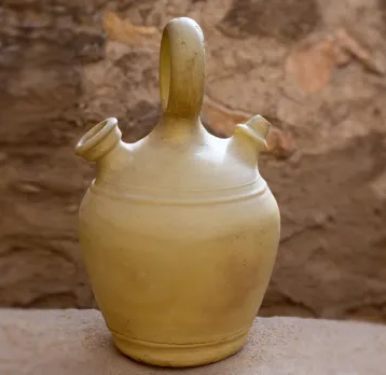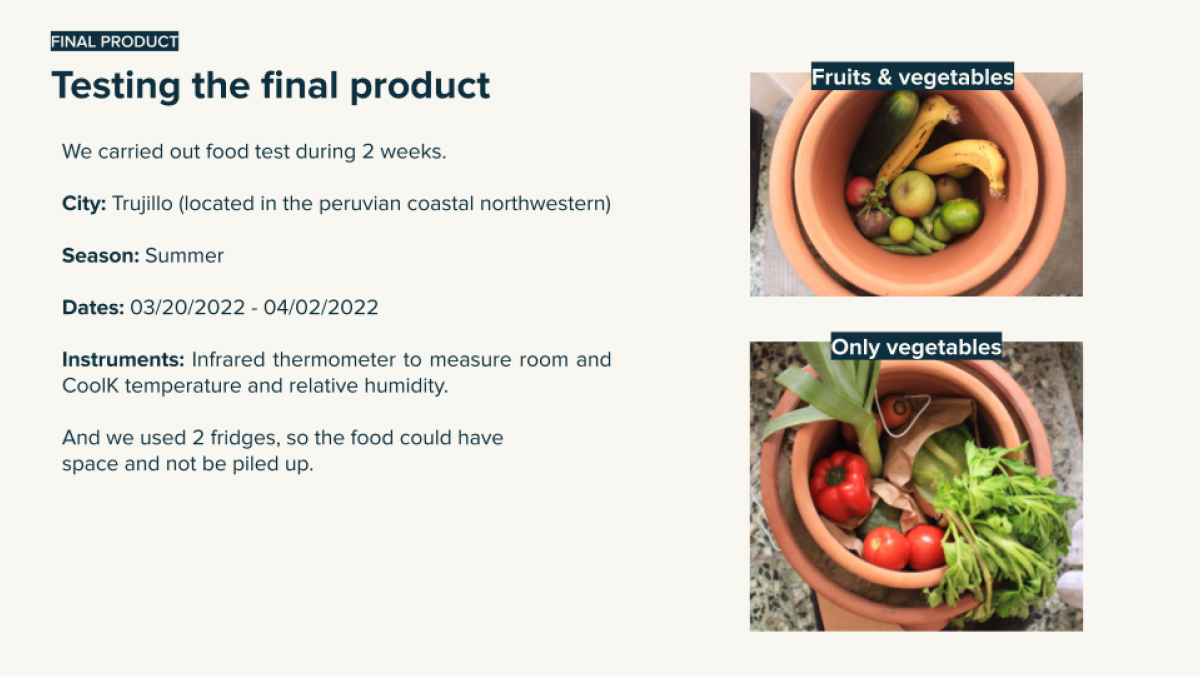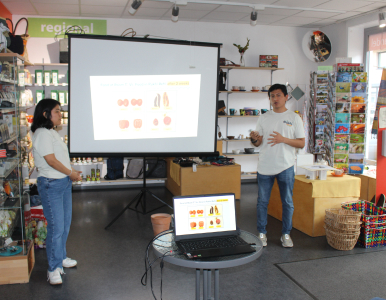personal project
Pukhi, simple technology that transforms lives
DEsign challenge
In March 2020, Media News and academics highlighted a problem that has existed in Peru for more than twenty years: 50% of peruvian families do not have a refrigerator at home. The lack of refrigeration forces the families to go everyday to the markets to buy food, which increased the probability of exposure to COVID-19.
To tackle this problem we developed Pukhi (formerly known as CoolK), an unplugged low-tech refrigerator made of clay that works with 2 simple materials: sand, and water.
Pukhi, a device that combines sustainability and poverty alleviation, offers a simple and ubiquitous way to keep vegetables and fruits fresh. Through this social design project, we aim to increase access to food preservation for Peruvian families.
Until now, we have trained more than 100 people in Peru, Belgium and Germany, reaching a total of 21 families and 3 community organized soup kitchens.
Problem
50% of Peruvian families do not have a refrigerator at home.
Solution
Low-cost, sustainable refrigerator made of clay that works without electricity.
Impact
100 trained individuals, 21 families and 3 soup kitchen use Pukhi in Peru.
ROLE
Founder
As the founder, I had to be versatile when developing the project from Product Design to Team Management. One of the main task during the inception was to lead the process of co-creation and ideation through Desing Thinking + Human-Centered Design (HCD).
team
Core team
1 Product Designer (Business Administration)
1 Design Research (Sociologist)
1 Potter
Short-term members
2 Industrial Design Students
Volunteers
1 Comms
1 Social Media
partners
TECSUP, La Victoria Lab, MIT D-Lab, Nubes PERU, Global Shaper Munich, Slow Food Peru, Thought for Food, Alliance Francaise Trujillo
YEAR
2020 - Present
awards & recognitions
2022 | Selected as Humanitarian project at MIT Innovators Under 35 Latam
2022 | 1st place at Falling Walls Lab Latam (DAAD)
2021 | Selected as Food System Changer at The Food Systems Game Changers Lab (FSGCL)
2021 | Selected one of the Women in STEM program at HUB UDEP and BID Lab
2021 | Selected one of the Mentor Up program at Global Shapers Munich
2020 | Top 10 Idea at OpenIDEO: COVID-19 Global South Health and Livelihoods Challenge
main learning
"Design can transform Lives"












%201.jpg)
%201.jpg)























































